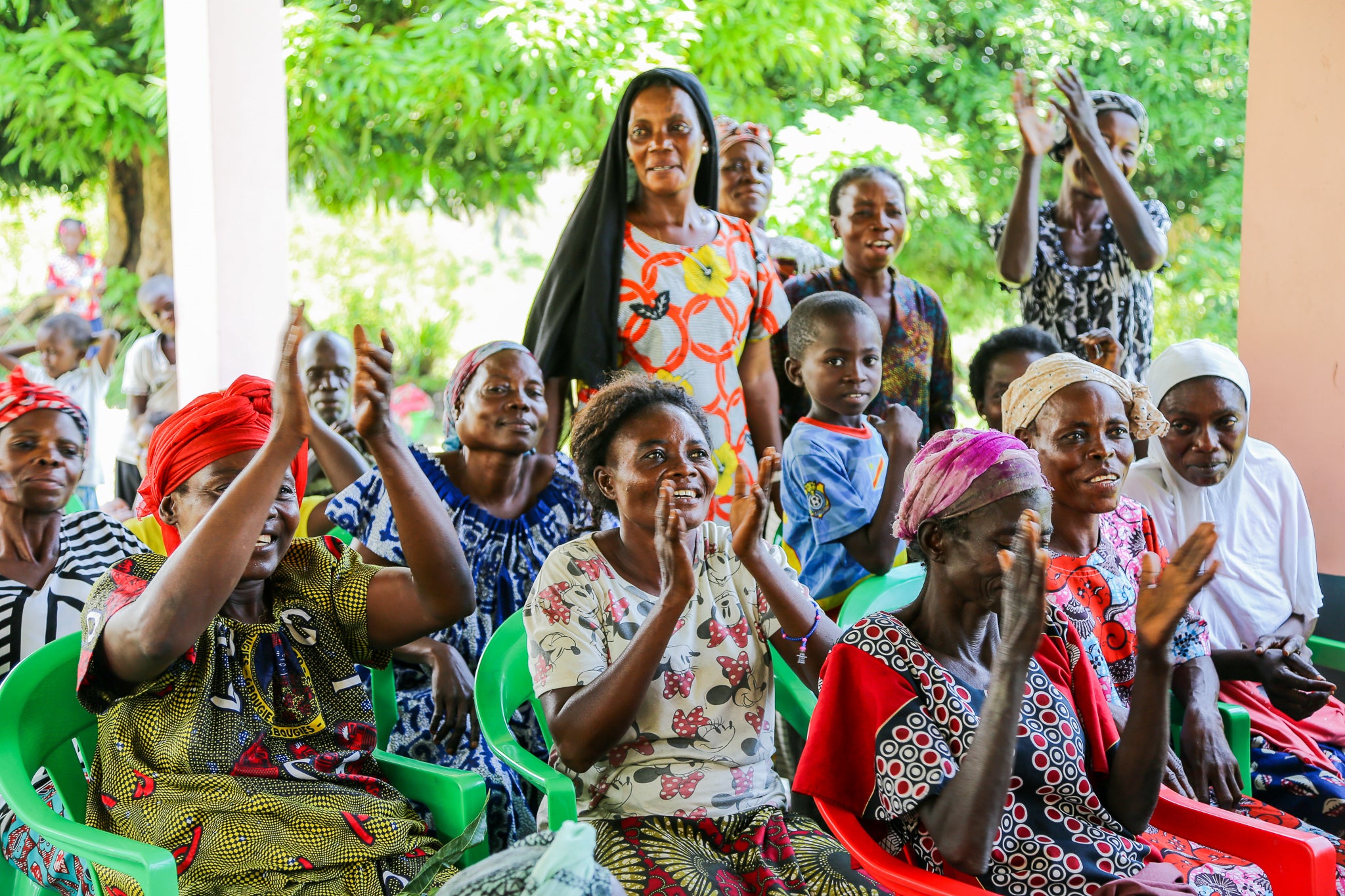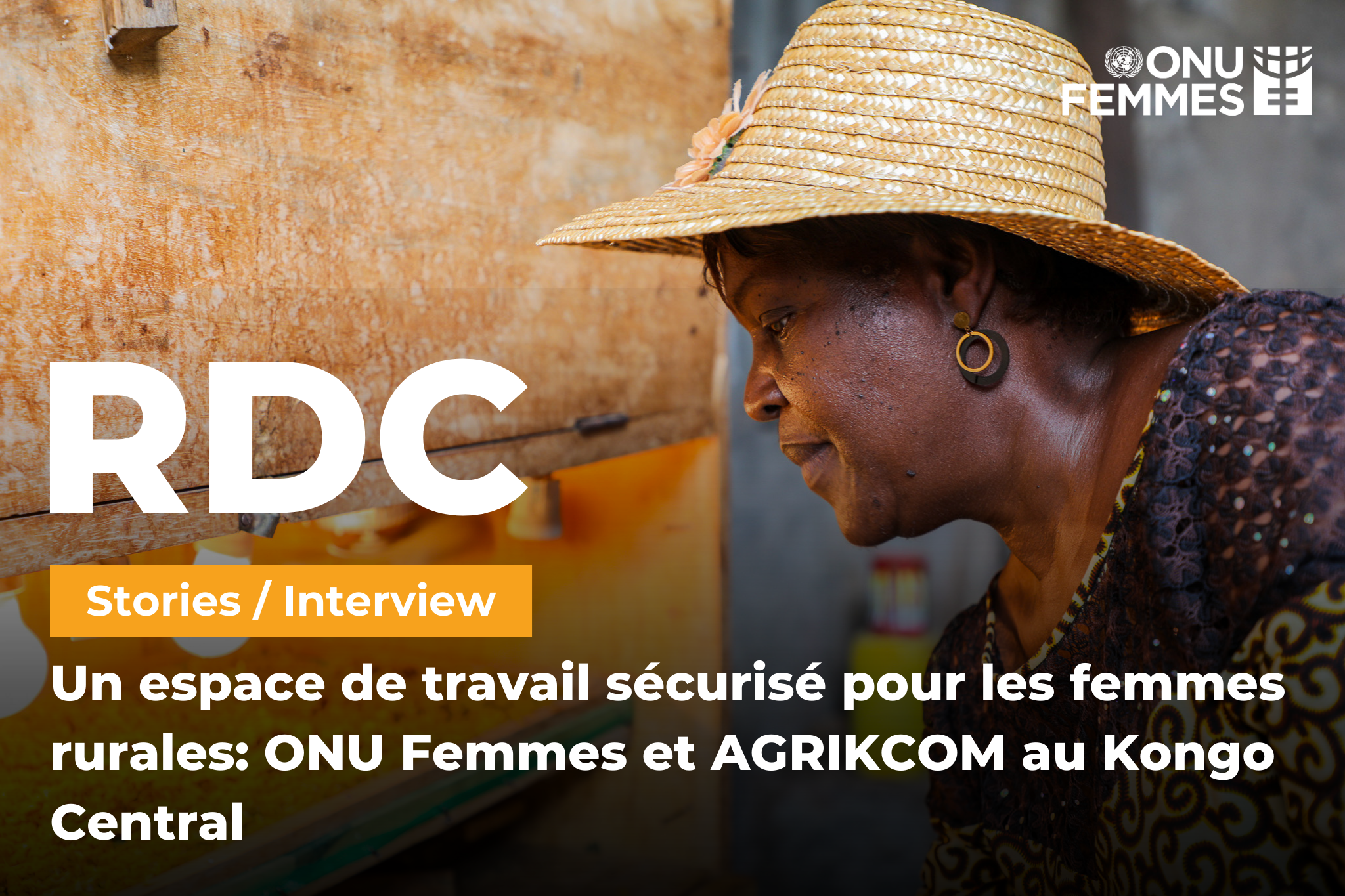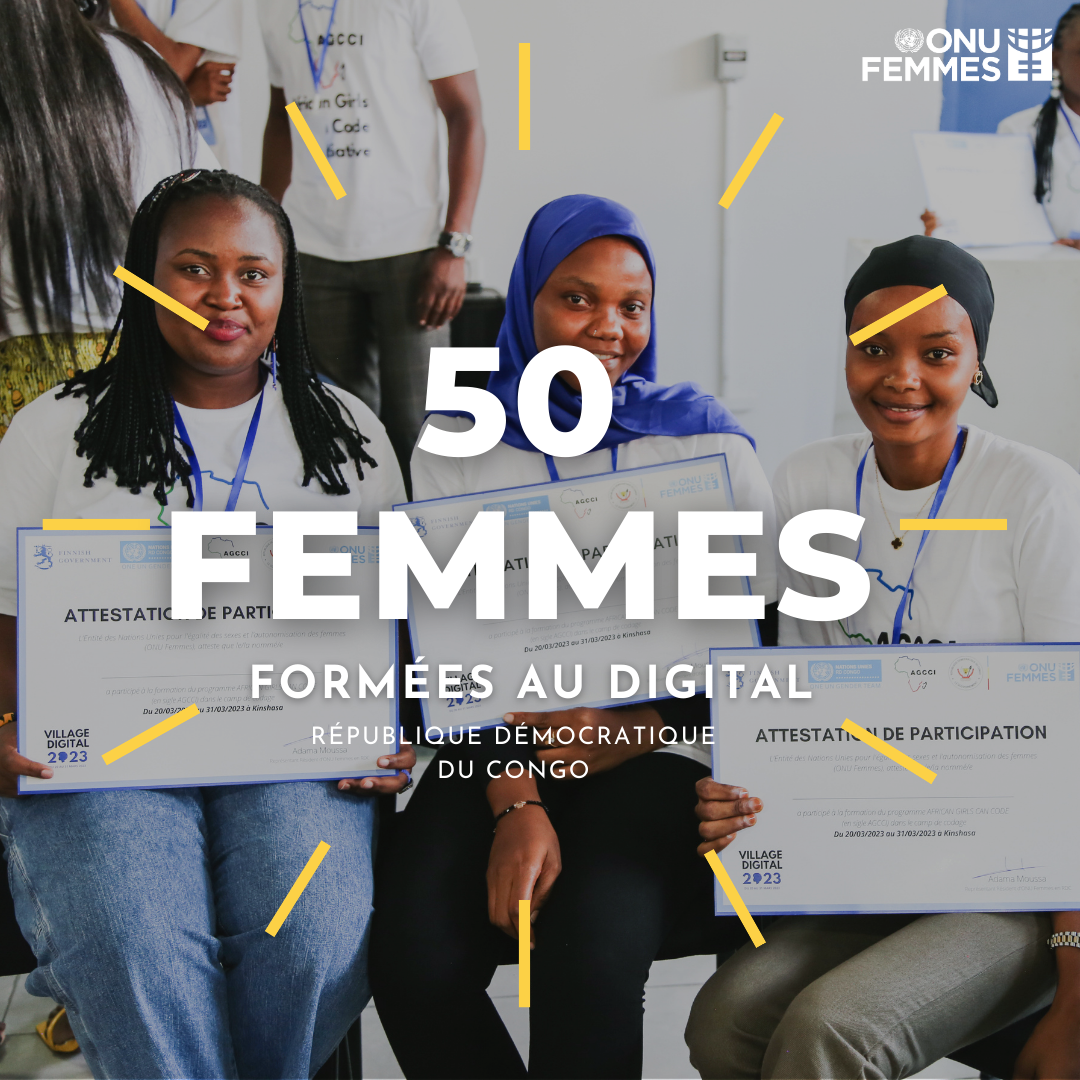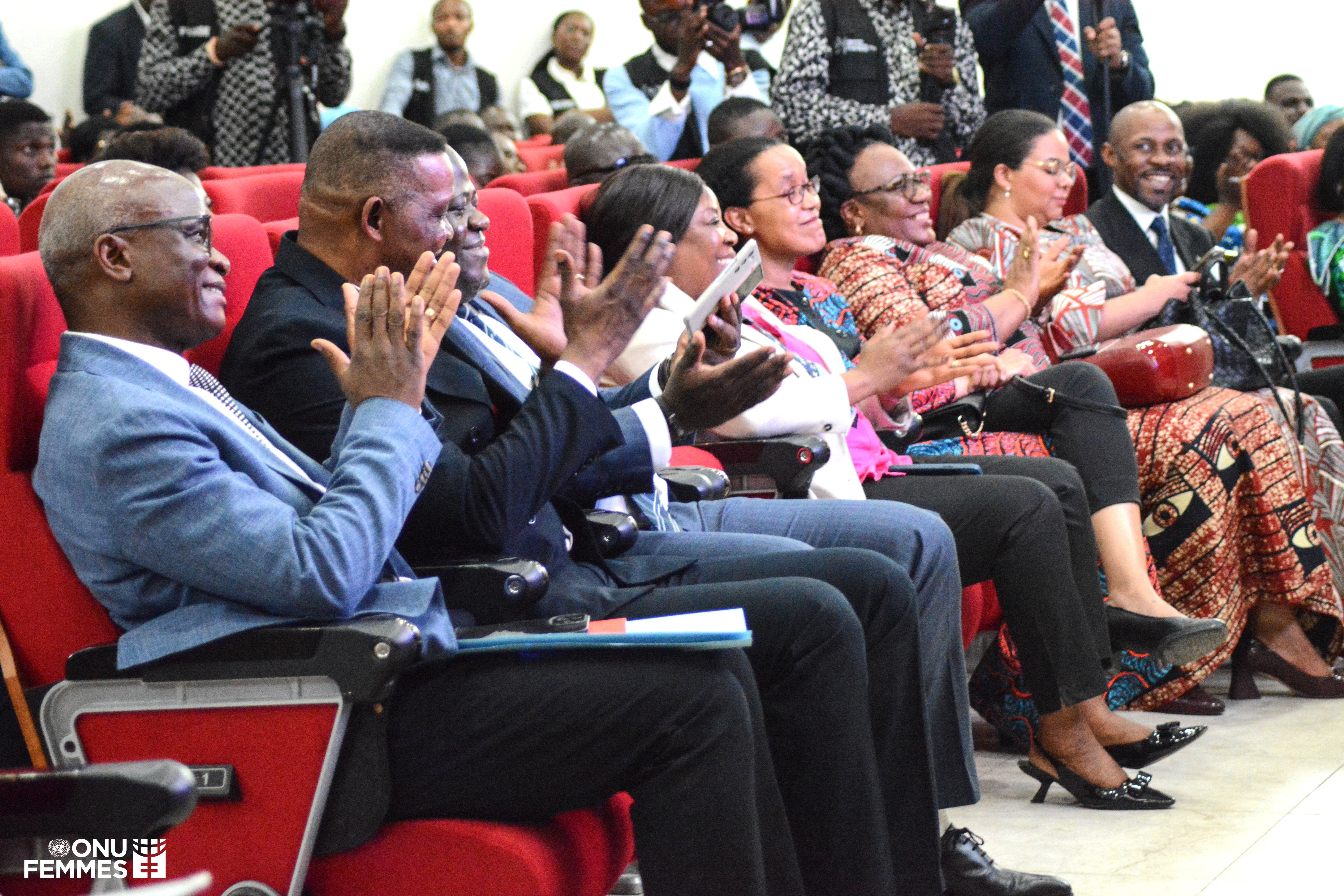
Democratic Republic of Congo

The Democratic Republic of the Congo (DRC) is the second largest country in Africa and has a total population of 67.8 million people, of which 51% are women and 48% of the total population is below 15 years old. Despite being endowed with extraordinary natural resources, the DRC remains one of the poorest countries in the world, classified 186th out of 187 countries on the Human Development Index (UNDP, 2010). Over 70% of the population lives below the poverty threshold.
Decades of armed conflict have led to the deaths of over 2 million civilians and estimates suggest over 1 million women have been raped. Though articles 5, 14 and 15 of the DRC constitution establish a legal basis for equality and equity policies, women currently occupy only 7.2% of positions at the highest level of decision making at a national level in the parliament and government.
Up to 52% of women in DRC are survivors of domestic violence and 39% of Congolese women report having being threatened or injured. 27% of women in DRC are victims of harmful traditional practices. Early marriage is common, with 2007 reports indicting 39% of women in their early twenties were married or in a union before the age of 18.
Very few Congolese women have access to decent jobs, and in general women and girls have less access to education than men and boys, as well as higher rates of illiteracy.
UN Women DRC has a country office in the capital, Kinshasha and a sub-office in Bakavu in South Kivu province.
Our Programmes
Gender responsive planning and budgeting
In partnership with UNDP, we are enhancing the capacity of the DRC government to undertake gender-responsive planning and budgeting. We provide technical support to the government on gender mainstreaming in budget development processes; strengthen the capacity of various government departments on gender responsive budgeting, support national and provincial women’s organizations to monitor gender-related and women empowerment commitments and action research on gender responsive budgeting.
Ending violence against women and girls
We provide technical support to the Ministry of Gender for effective coordination and implementation of the national strategy on Sexual and Gender-based Violence (SGBV), especially in the areas of communications and monitoring and evaluation. Our programme supports the review process of the family law to ensure alignment with international and regional conventions especially on the age of marriage as early marriage is widespread in the DRC.
Women, peace and security
We support the Ministry of Gender to implement the government’s Resolution 1325 National Action Plan on Women, Peace and Security. This includes supporting the establishment of the multi-donor trust fund; supporting conflict resolution action plans; supporting gender mainstreaming in peacekeeping operations and security sector reforms; supporting capacity for female leaders/gender advocates to participate in formal peace processes and conflict resolution processes, and supporting women’s participation in post-conflict humanitarian processes.
Women’s political leadership and participation
We support implementing affirmative action favoring women’s access to decision-making positions through parity bills or special measures and encourage parliaments and political parties to understand the importance of female leadership and political participation. We strengthen the leadership skills of female parliamentarians, female academics and young women leaders. We provide civic and voter education; favor recruitment of women for high placement on political party lists; monitor the minimum quota of 30% in the Electoral Administration and provide gender mainstreaming support of the electoral commission.
Women’s economic empowerment and female entrepreneurship
Reducing the economic vulnerability of women can contribute to the prevention of violence against women and girls. We provide technical assistance to government ministries to implement gender action plans; advocate for female entrepreneurs and farmers to access production and market and information and services and conduct small demonstration projects in eastern DRC. We also work with ministries to promote access to gender-sensitive infrastructure and services and support rural women, informal traders and women entrepreneurs’ access training and professional services.


